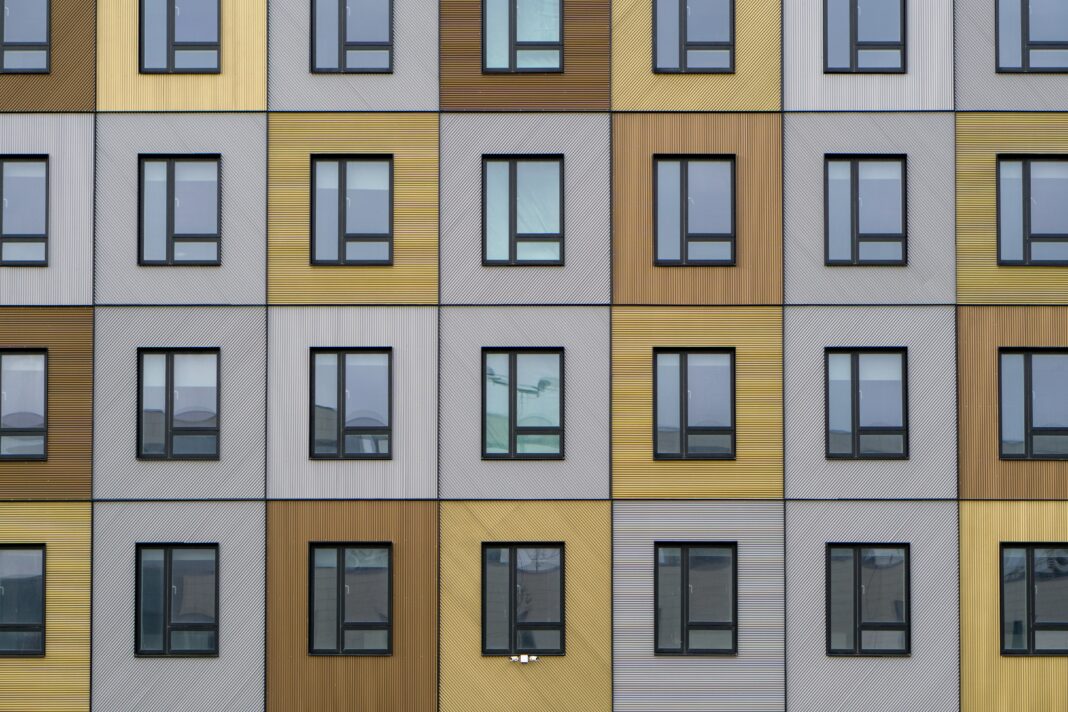Also known as tempered glass, there is much more to toughened glass than the fragile, crystal-clear material you might think of when considering traditional glass.
This type of glass is far stronger than standard glass, which is why it is used in such a wide range of structural applications across the globe – from windows and doors to furniture and more.
Wondering why toughened glass is the go-to for so many professional uses? Here’s a list of eleven benefits of toughened glass to explain more.
1) Strength
Unlike ordinary annealed glass, toughened glass is specially strengthened through a heating and cooling process that changes its compressive and tensile stresses, which in turn increases its mechanical resistance to breaking.
Compared with a piece of standard glass in the same thickness and size, a panel of toughened glass will be up to five times stronger.
2) Durability
Not only is toughened glass far more difficult to break, but this hardiness also means that anything made using it will also be extremely durable, withstanding damage for a long time where ordinary glass would become damaged immediately.
Toughened glass is more resistant to scratches, scuffs, chips, and cracks, allowing it to endure general wear and tear and even weather exposure.
3) Impact resistance
Being so strong and durable also means that toughened glass can bear loads and withstand impacts that would cause regular glass to simply shatter. It can endure various types and high levels of stress without warping, cracking, or breaking apart.
This makes it ideal for applications that require reinforced glass in case of accidents, such as glass walls, windows, doors, showers, and more.
4) Safety
Glass is generally considered dangerous because it can easily break, scattering shards with sharp edges everywhere that can cause serious injuries.
Even in the event of an impact strong enough to break it, this won’t happen with toughened glass. Instead, the tempered glass will fall into very small pieces that are more pebble-like, reducing the risk of injury and property damage without jagged edges.
5) Heat resistance
Thanks to the way it’s manufactured, toughened glass is not only several times stronger than standard glass, but also several times more resistant to heat.
This means that it can typically withstand heat up to 250°C, resisting thermal breakage as a result of contraction and expansion in changing temperatures – whether indoors in kitchens and bathrooms or outdoors in an area exposed to direct sunlight.
6) Noise reduction
Though the extent of its sound insulation depends on its thickness, the different internal structure of tempered glass typically allows for greater noise reduction than regular glass, because it can better resist the transfer of sound vibrations.
Toughened glass can also be specifically designed as acoustic glass for the purpose of noise reduction, with an internal layer to absorb sound.
7) UV resistance
Just as it can absorb heat from the sun without warping or cracking, toughened glass can also absorb some of the UV radiation from the sun’s rays.
Toughened glass is commonly capable of absorbing more than 50% of UV rays, offering an SPF of around 16. This UV protection can be increased further with specially-made tinted toughened glass, which is often available with a bronze or grey tint.
8) Transparency
Despite the internal differences that lend toughened glass its robust properties, it doesn’t look that different to non-toughened glass from the outside.
Offering the same level of transparency – with even greater clarity available in the case of low-iron toughened glass – it has all the aesthetic appeal of standard glass, allowing light to flow through spaces that feel larger and more open as a result.
9) Low-maintenance
One of the biggest benefits of toughened glass in larger expanses, like walls, partitions, and windows, is that it’s just as easy to clean as any type of glass.
Its resistance to stains and scratches should keep it in good condition for long stretches of time, with little upkeep required in between periodical cleaning. Even this is simple, with few materials and not much time needed to wipe glass panels clean.
10) Customisable
While maintaining transparency is one of the primary draws for wanting to use toughened glass, it’s good to know that it can also be customised with different finishes if desired.
For example, translucent tinted glass offers a little more privacy as well as sun protection, while obscure painted glass offers visual privacy and adds colour. Frosted glass can achieve a balance somewhere in the middle, with a (sometimes patterned) satin finish.
11) Versatility
Last but not least, all of these factors combined make toughened glass an extremely versatile material that’s suitable for use in countless settings – and likely to be the solution for whatever application you may be considering while you’re researching glass types.
From offices and commercial buildings to modernised homes, toughened glass can be found everywhere – in the balustrades of staircases and balconies, in doors and windows, in kitchen splashbacks and shower screens, in tables and shelves, even in floors and ceilings!



